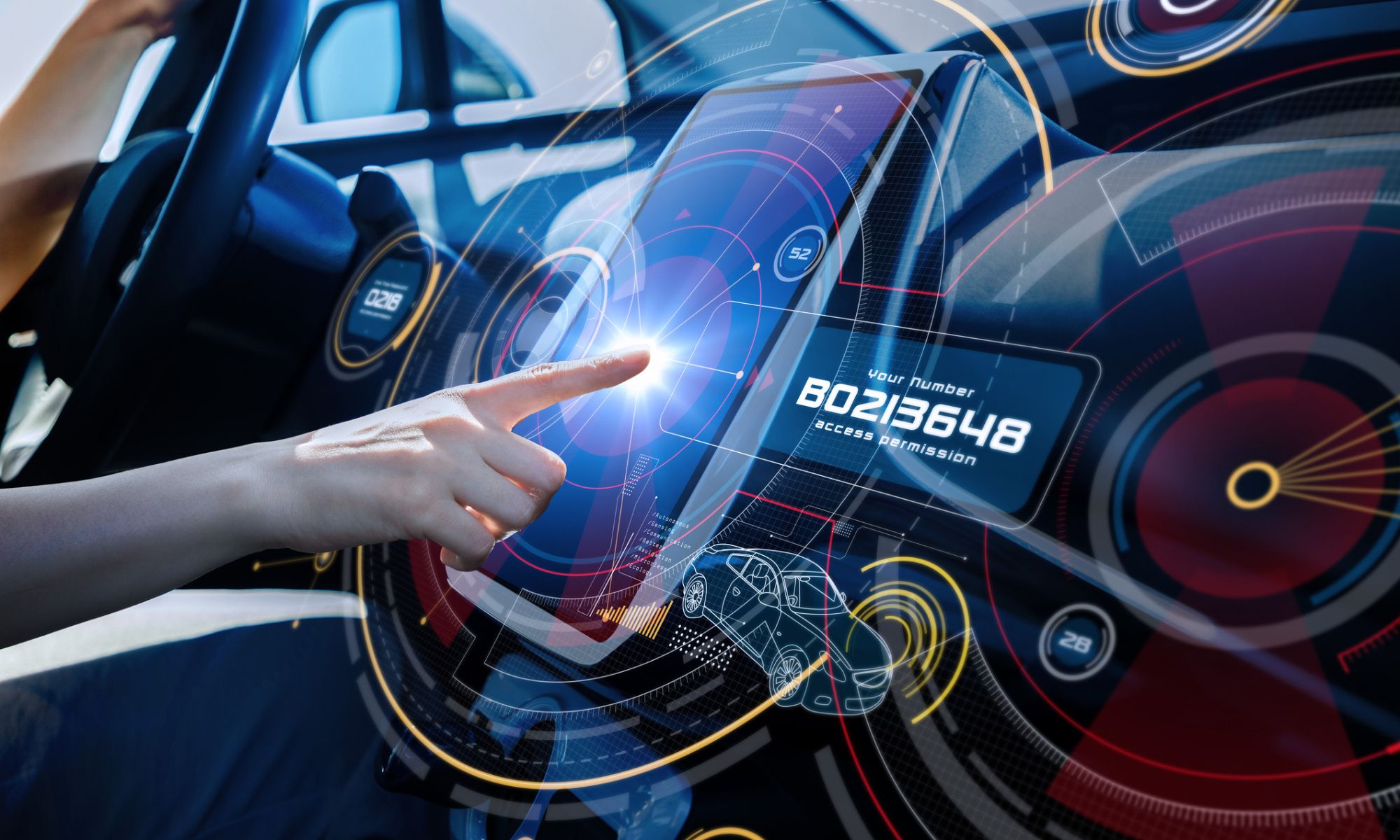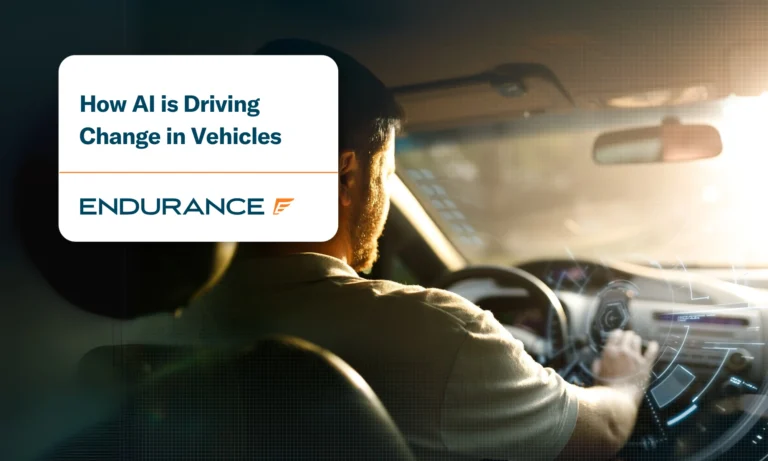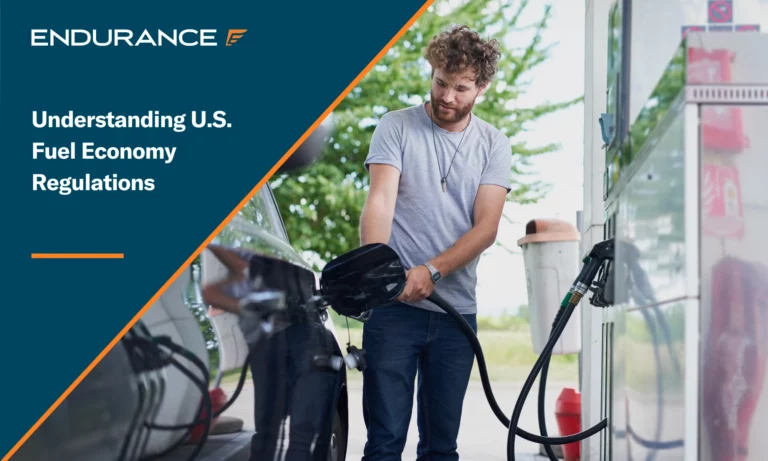Cars of the Future: Will Vehicles Be Around in Another 30 Years?

For the majority of the 20th century, people predicted that new cars would no longer be produced in the 21st century. The favorite opinion of people was that flying cars would take over and roadways would be absolutely clear. Naturally, this has yet to happen, but the car industry is going through a number of exciting changes that have left people in the modern day wondering if cars are here to stay.
The prevalence of electric cars on the roadway today and how fast they’re being developed has left many people stunned. After all, while they aren’t flying cars, electric cars are something that many people of the 20th century probably weren’t predicting. Therefore, it begs the question of where cars will be a mere 30 years from now, if they’re around at all, given we’re making such groundbreaking developments today.
How the Rise of the Internet Has Affected Vehicle Production
One major factor in whether or not vehicles will even be needed in 30 years is the Internet. While it may not seem like it at first, the Internet has actually reduced the need for a vehicle in many ways. When you think about it, an internal combustion engine vehicle was originally created as a way to replace horseback or carriage riding as a means of getting around.
As humans began to settle in cities that were some distance from each other, means of transportation were needed to get from one place to another. Even if your own city, getting to the grocery store, work, or just going on a trip required a vehicle. However, recent developments with the Internet are threatening this balance.
Take trips to the grocery store as an example. While it isn’t a long-distance drive, most people need a car to transport groceries from the store. The creation of delivery apps has changed this. Now, people riding bikes and even small delivery robots are able to deliver food straight to your door.
Another common reason people needed a vehicle was to go visit an educational campus or for work. However, the Internet has also introduced remote learning and remote work into the world. This connectivity to education or places of business from a different location has further reduced the need for a vehicle in daily life. However, the rise of the Internet isn’t the only factor threatening the number of vehicles on the road.
Transportation Infrastructure Problems That Will Be Faced in the Future
Major cities such as New York or Los Angeles already have a major transportation infrastructure problem with their roadways that results in heavy traffic. As a result, many people choose to take public transportation in the form of a bus or metro system. In fact, two million New York travelers use the metro on an average weekday alone.
As the population of the world continues to climb and more cities start to develop, it’s unlikely that the issues with roadways around the world will decline. Combining this with more push from the government to reduce emissions in the atmosphere, it seems clear that fewer people will deal with the traffic that will form in the future.
The Fast-Approaching Future of Self-Driving Cars
Looking at whether or not vehicles are on the road isn’t just about looking at the number of physical vehicles. The current state of emissions from the auto industry is what many people consider when asking this question, which is something electric vehicle self-driving companies hope to solve. Companies such as Tesla and others have been working on self-driving cars for some time and have made astounding breakthroughs.
Autonomous vehicles will allow for seamless communication between battery electric vehicles on the roadway, which would reduce all emissions and accidents from human error. With an increased push on carmakers to produce vehicles that operate via electrification, it seems likely that the future of the car market is autonomous and electric.
What’s Next for Vehicles on the Road?
At the end of the day, new vehicle releases from companies such as Toyota, Mercedes, BMW, and other automakers will most likely still be occurring in 30 years. With an estimated 13.6 million units sold in 2022 alone, vehicles are clearly still coveted by drivers.
However, major cities in New York and California probably will see a reduction in the number of cars on the road due to restrictions on emissions in the coming years. Parts of the world that are more spread out will likely still have vehicles on the road, but they won’t be gas-based.
Instead, the vehicles of the future will most likely use a fuel cell for power, being either a plug-in hybrid or fully electric vehicle. It is also decently likely that these vehicles will be autonomous. Additionally, vehicles such as Uber will likely use autonomous cars to help customers travel. All of the above will significantly impact car sales, potentially resulting in an automotive market unlike anything seen before.
Coverage Offered by Endurance for Hybrids
For those who already own a hybrid vehicle, using an extended warranty package offered by Endurance can be a great way to protect the components of your vehicle. While the batteries of your hybrid vehicle won’t be covered under the warranty, the other components, such as the air conditioning or electrical system, can be covered.
This can help you save money in the event of a breakdown where your hybrid vehicle needs to be taken into the shop. To learn more about the coverage plans Endurance offers for hybrid vehicles, look at our viable options.
Protect Your Vehicle with Endurance Warranty
A vehicle is an investment, and you should treat it as such by protecting it with an effective extended warranty package. The right extended warranty will offer a slew of component protection that saves you money in the event of a breakdown. Endurance’s Supreme package is the most comprehensive coverage in the industry and offers nearly bumper-to-bumper protection.
This means that components such as the air conditioning, electrical system, gaskets, engine, fuel system, and more are all covered. Additionally, each Endurance contract, for a small activation fee, comes with Elite Benefits that offer bonus perks such as up to $1,000 in total loss replacement, up to two tire reimbursements per year due to road hazards, key fob replacement, and more.
To find out more about how Endurance can benefit you and your vehicle, don’t hesitate to call our award-winning customer service team at (800) 253-8203 and request a FREE quote, or shop online today. You can also read more news and auto expert comparisons of Ford, Honda, Volvo, and other vehicle makes and models on our blog.













After more than 16 years as a technician and service advisor, Adam Karner transitioned to the auto protection industry in 2009. As a Product Manager for Endurance Dealer Services, he brings valuable hands-on experience. Read more about Adam.